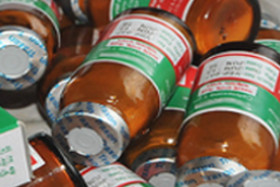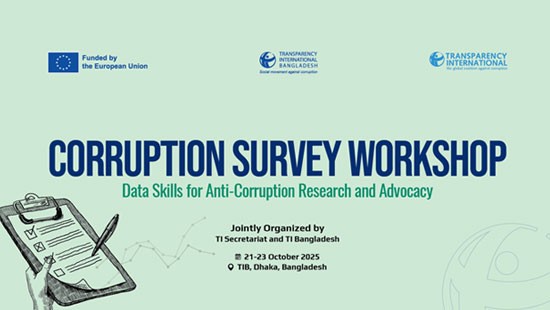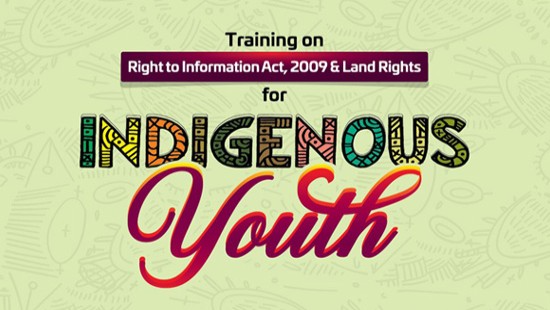Published: 15 January 2015
Transparency International Bangladesh (TIB) recommends 12 measures for improving good governance in Drug Administration along with a timely policy structure, a unified law, effective implementation of law, increasing human resource and capacity, ensuring punishment through proper process regarding corruption allegation. TIB placed these recommendations in a press launch of a study titled “Governance of the Directorate of Drug Administration: Challenges & Way forward” on 15 January at the Conference Room of TIB. Md. Shahnur Rahman, Programme Manager and Nazmul Huda Mina, Assistant Programme Manager Research and Policy, TIB presented the findings. The study was conducted during March 2014 - January 2015. Advocate Sultana Kamal, Chairperson, Board of Trustees, Dr Iftekharuzzaman, Executive Director and Dr Sumaiya Khair, Deputy Executive Director, TIB were also present.The report also elaborated on the government’s recent initiatives to strengthen DA’s capacities. These include increase of manpower in field offices and measures to construct central drug laboratory and its capacity building. Moreover, it has taken initiatives to implement directives given by the Parliamentary Standing Committee on Health to strengthen its operations to prevent upsurge of fake and adulterated drugs, formation of an Ethics Committee as per the National Integrity Strategy 2013 and formation of an Innovation Team for bringing visible changes in its client service delivery. Despite immense potentials of this sector and above regulatory measures, some problems and anomalies persist in the drug sector.The study revealed allegations of taka 5 hundred to 1 million unauthorized payments in different activities of DGDA along with renewal of drug license and providing new license, project transfer/shifting, approval of recipe, registration of drug, sample testing and quality control and export license and GMP certificate etc. |
Among five types of medicines (allopathic, unani, ayurveda, homeopathic and herbal), this study has dealt problems, irregularities and corruption associated with marketing and regulation of allopathic medicines. For examining governance challenges, information was collected and analyzed in line with some governance indicators like rule of law, transparency, accountability, participation, responsiveness, and deficits in service provisions and corruption in Drug Administration.According to report, the capacity of Drug Administration discords with its vast working area, geographic coverage and expansion of the drug market. Existing laws are not adequate to address the emerging issues and challenges. Lack of transparency and accountability in administrative activities also exist and there is no noticeable political will build up the capacity of this sector. Because of all these problems and limitations two-thirds of the market remained outside the purview of regulation and each year around 70% of drugs cannot be tested.We feel proud that there are lots of companies in Bangladesh exporting medicines however, some companies use raw materials of higher standard for export, and lower standard for the local market. Consequence of that, we fall in health risk. It is very alarming that even they do not follow any level of quality to manage the risks - IftekharuzzamanTIB Executive Director Dr Iftekharuzzaman said, “We feel proud that there are lots of companies in Bangladesh exporting medicines however, some companies use raw materials of higher standard for export, and lower standard for the local market. Consequence of that, we fall in health risk. It is very alarming that even they do not follow any level of quality to manage the risks.” |
|
|








